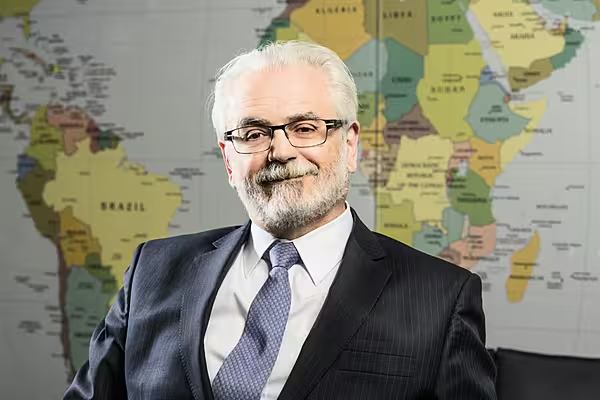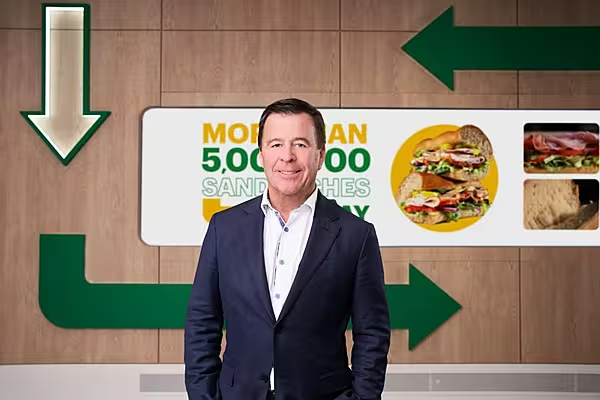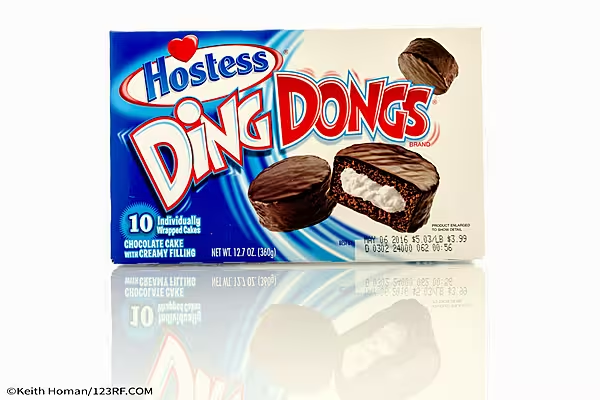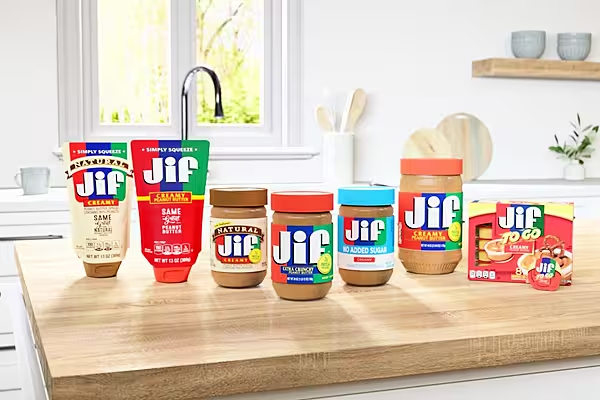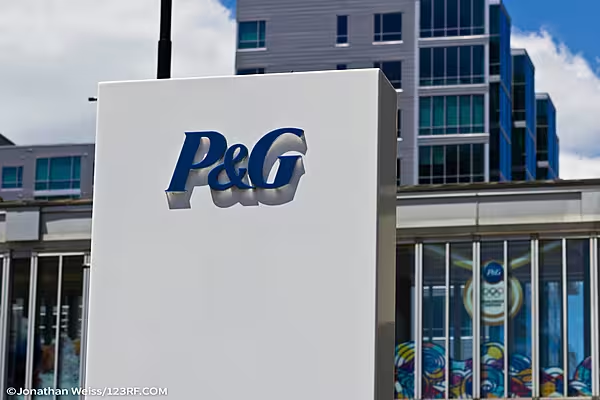On the back of a successful Rio 2016 Olympic Games, Brazil is in the spotlight like never before, particularly when it comes to quality food production and export capability. At SIAL 2016, Apex-Brasil, the Brazilian Trade and Investment Promotion Agency showcased close to 100 companies eager to capitalise on the country’s growing reputation. At the show, ESM caught up with Roberto Jaguaribe, President, Apex-Brasil, to discuss the country’s new ‘Be Brasil’ campaign.
How did the ‘Be Brasil’ campaign come together?
Be Brasil was largely influenced by the ‘GREAT Britain’ campaign, promoting British food and drink, which was launched around the time of the 2012 Olympics. Having the Olympic Games in Rio this year provided the opportunity for us to develop a concept that would align with the additional focus being placed on the country because of the Games.
We are using the campaign mainly to promote sustainability, which is very important for us, but it can also be interpreted in different ways. For example, Be Brasil, be innovative. Be Brasil, be diverse. Or, as we used for the Paralympic Games, Be Brasil, be inclusive. It has a very powerful and flexible concept, and we have been working with the agricultural and industrial sectors in order to find the most adequate utilisation for each sector.
What are the key messages that the campaign is seeking to convey?
We are using the campaign to increase perceptions of Brazil around several key pillars. Firstly, Brazil is by far the most sustainable of the large food producers around the world. For example, our native forest covers 60% of our landscape - in Europe, native forest accounts for just 0.3%. That’s an important message to get across.
Secondly, sustainability is very much a part of how Brazilian companies do business. This has grown over the last 25 years, but particularly since the 1992 Earth Summit in Rio. This event had a major influence on how food is produced in Brazil, and as a result, we have created a very stable, sustainable market. This is something we want to transmit to the world.
A third consideration is around adding value to production. We export a lot of products in bulk, such as soy, without creating added value. Adding value is key for us - if you add value, you create jobs, and you really boost the economy.
Innovation and creativity form a large part of the Be Brasil campaign. How are you using the campaign to promote these messages?
Each sector that engages with the campaign will have their own take on what it means. It’s a very flexible message. But we want the sustainability message to be at the forefront, because sustainability is not just for agricultural purposes - it is a global issue, and Brazil has a very strong proposition in this regard.
For example, the carbon footprint of one ton of chicken in Brazil is less than half of the carbon footprint in Europe. Even with transportation, which adds a lot to the carbon footprint, there is still a lower carbon footprint overall.
In what ways is the Be Brasil campaign helping to create new routes to market for producers?
Agriculture is not really a ‘free market’, and one of the main challenges is how you get more access, particularly to Europe. Asia is another important market, and it’s growing considerably, but even in Asia, market access is not as clear cut as in other industries. The campaign can act as a support for the quality message that resonates around Brazilian production, and help reinforce our key messages.
Brazil has had a difficult few years, both economically and politically. How has the Be Brasil campaign been able to grow despite these challenges?
Yes, Brazil has had a very rough patch of years over the past two or three years; in 2014, our economy entered into the largest recession we have ever faced. We are overcoming that now, but we still have many challenges - like all developing countries. However, today we are concentrating on a number of issues that are of foremost importance - such as investment in infrastructure, which is fundamental to overcome the many bottlenecks that we have in production.
We have huge potential in so many areas - but I think the potential in agricultural production is at the top of that. Brazil has the highest yields in soy production, for example. Also, we have made huge improvements in terms of optimising manual labour and making the supply chain a lot more efficient. We have the potential to increase three or fourfold the area that we use for agriculture without touching our forests, which would increase by three or four times the output of Brazil, to say nothing of the increase in productivity.
Be Brasil is really about underlying the strength of Brazil as a sound business partner, whether it be with regard to buying from Brazil or investing in Brazil. We also understand that this is probably going to grow beyond Apex-Brasil’s mandate and become a broader message for the country. I’m very confident about the future.
© 2016 European Supermarket Magazine – your source for the latest retail news. To subscribe to ESM: The European Supermarket Magazine, click here.
